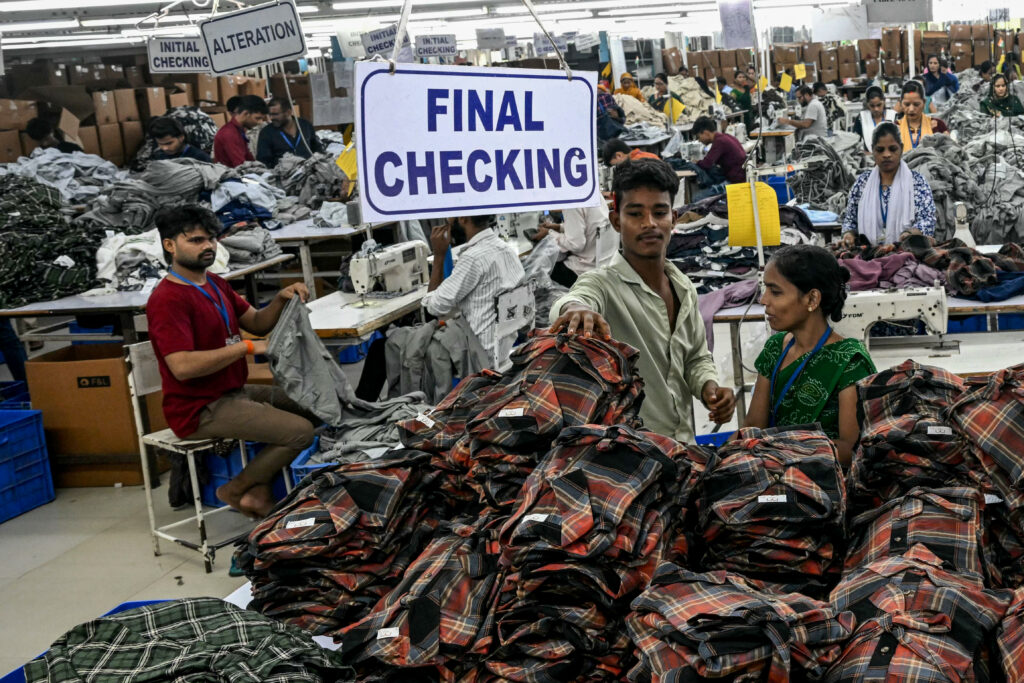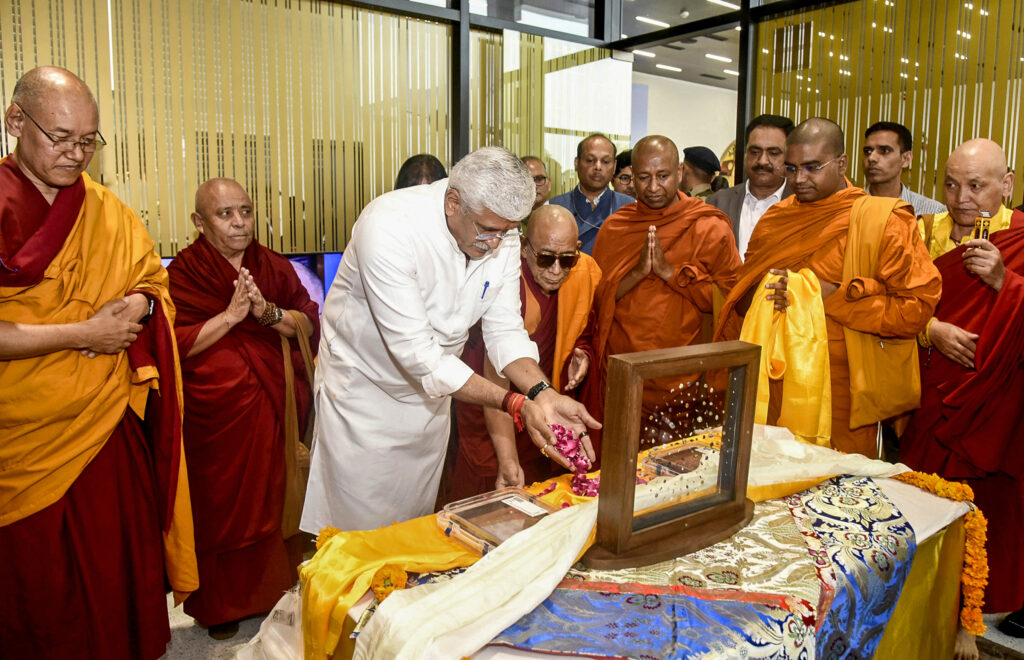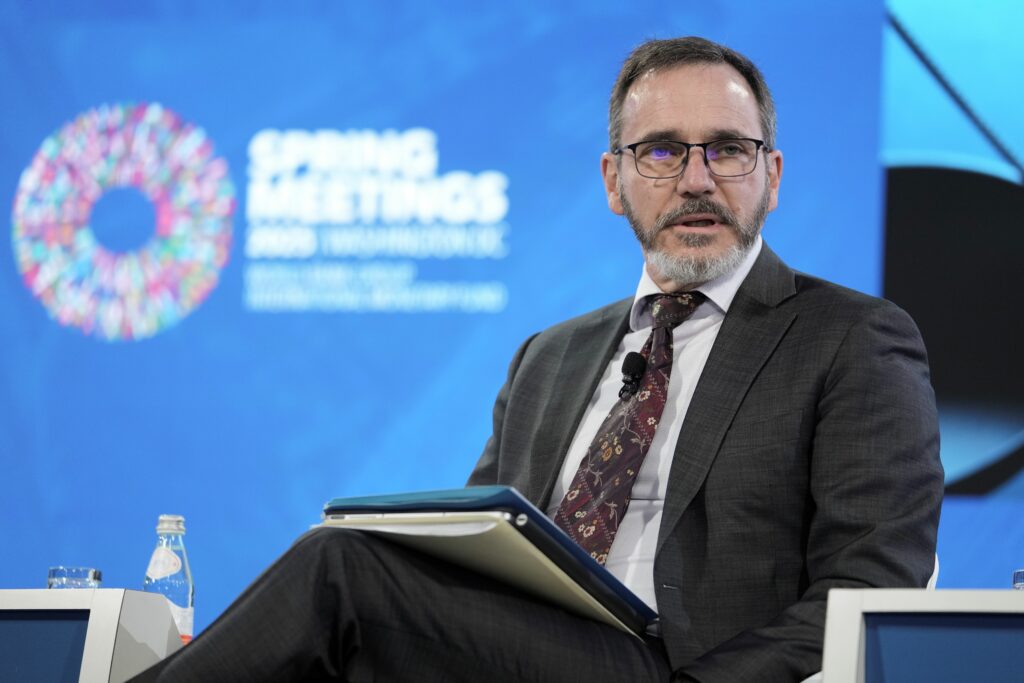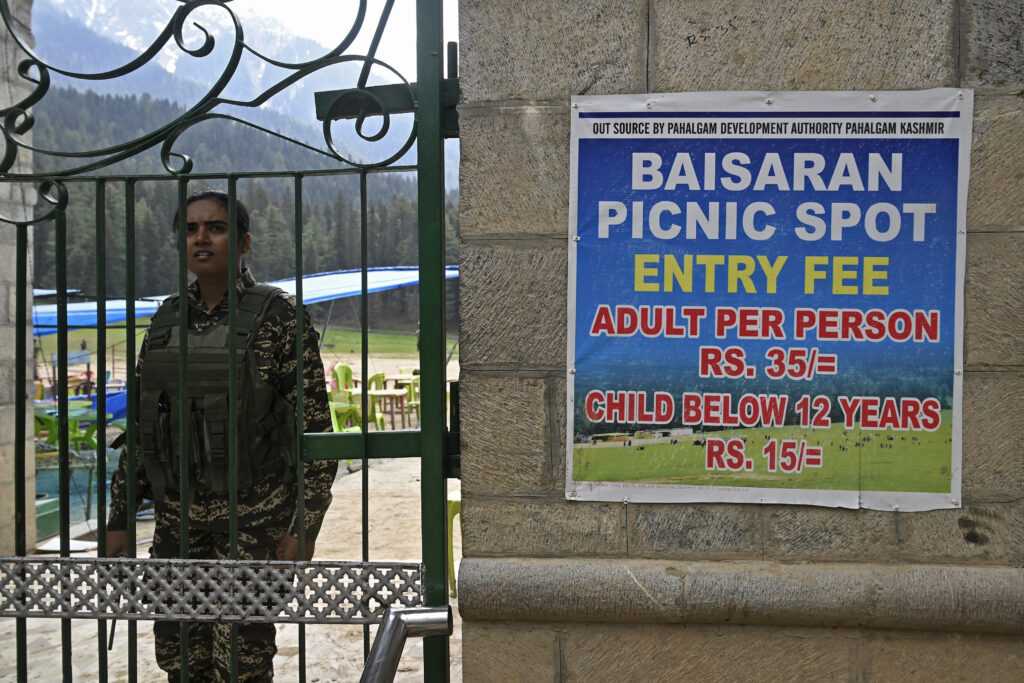Trump’s new tariff to impact Indian economy, could reshape bilateral ties
US President Donald Trump’s decision to slap harsh tariffs on Indian exports and a “penalty” on purchases of Russian weapons and energy will cost thousands of jobs and could fundamentally change the nature of bilateral ties, experts said Wednesday.Months of negotiations between the two countries over an interim trade deal had stalled in recent weeks over Trump’s sweeping demands and New Delhi’s reluctance to fully open its agricultural and dairy sectors to US imports.On Wednesday, two days before the deadline for the reintroduction of Trump’s so-called “reciprocal tariffs”, the US president announced that Indian shipments to the United States would be hit with a 25 percent tariff.He added that an unspecified “penalty” for acquiring military equipment and oil from Russia would also kick in from August 1.Kirit Bhansali, Chairman of India’s Gem and Jewellery Export Promotion Council, said the move was a “deeply concerning development” that would have “far-reaching repercussions across India’s economy” and threaten “thousands of livelihoods”.For his sector alone, the United States is India’s “single largest market, accounting for over $10 billion in exports — nearly 30 percent of our industry’s total global trade,” he said.”A blanket tariff of this magnitude will inflate costs, delay shipments, distort pricing, and place immense pressure on every part of the value chain — from small karigars (artisans) to large manufacturers,” he added. “We recognise the need to address trade imbalances, but such extreme measures undermine decades of economic cooperation.”Indian goods exports to the United States amounted to $87.4 billion in 2024, according to US data, with top sectors including pharmaceuticals, gems, textiles and smartphones.- ‘Completely unacceptable’ -Trump’s targeting of India with such a high rate of levies would complicate ongoing negotiations for a more comprehensive trade agreement, said Biswajit Dhar, of the Council for Social Development think tank. “It was already a difficult set of negotiations, but both sides said we were making progress. And there was no hard and fast deadline,” he said, referring to previous dates for the imposition of his tariffs that Trump had extended unilaterally.Dhar added that Trump’s threatened “penalty” for India’s ties with Russia was “completely unacceptable for a sovereign state”.”A sovereign state can’t be told who to maintain relations with. Whether it’s Russia or China or whoever. You can’t browbeat a country into accepting your conditions,” he said.Analysts warned that US-India relations may be entering new territory, after years of warming as Washington has cultivated New Delhi as a counterweight to rising Chinese power.”President Trump’s messaging has damaged many years of careful, bipartisan nurturing of the US-India partnership in both capitals,” said Ashok Malik, of business consultancy The Asia Group, in a social media post.”Politically the relationship is in its toughest spot since the mid-1990s.”Praveen Donthi of the International Crisis Group said the announcement underscored the fact that Trump did not “differentiate between friends and foes when it comes to tariffs”.”In the past when India purchased S400 missile system from Russia, there were no sanctions because of the bipartisan consensus that existed in the US about India because of its value as a democratic counterweight to China. “But now that’s gone.” The move could have far-reaching consequences, including seeing New Delhi attempt “to mend its relations with Beijing,” he said.







